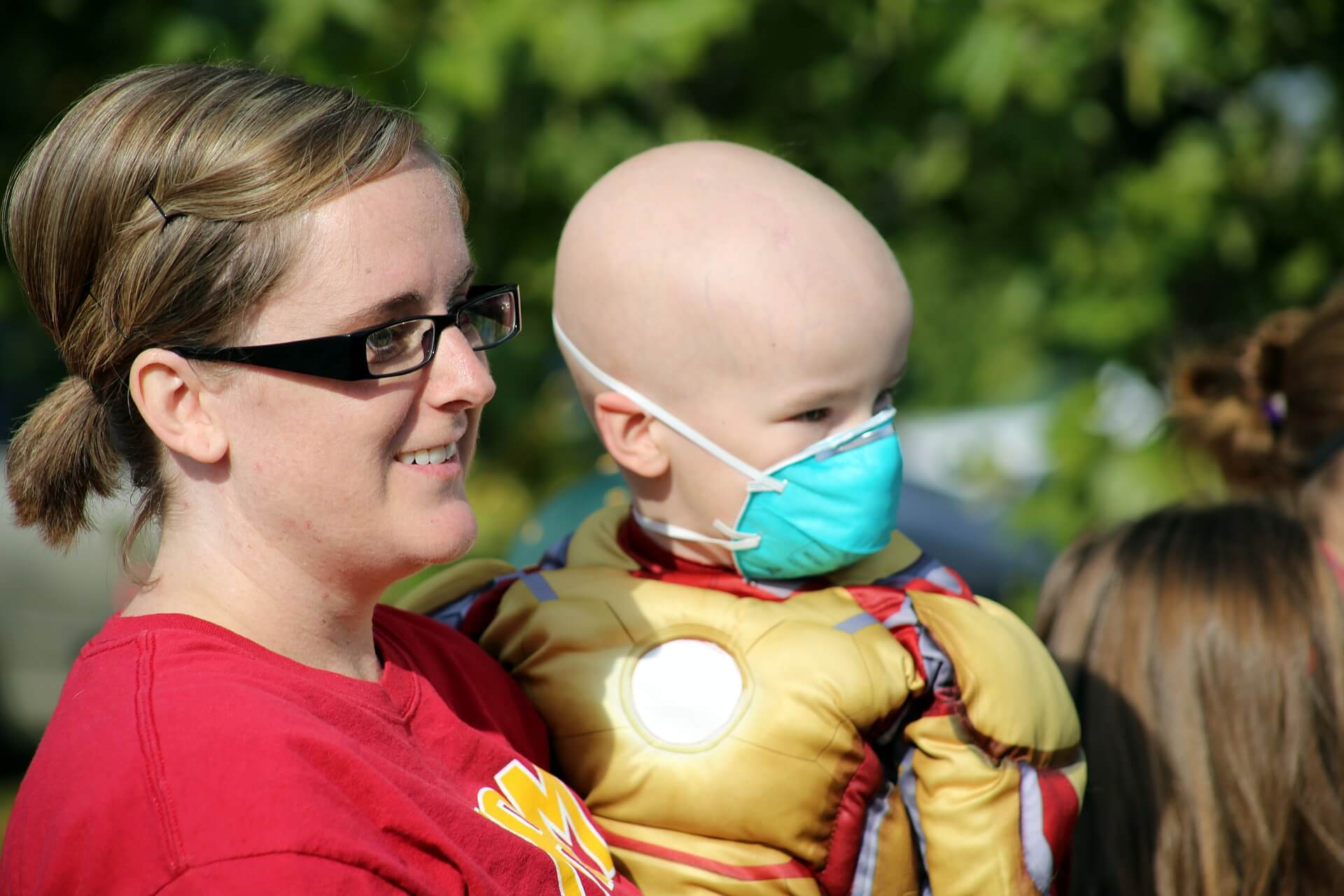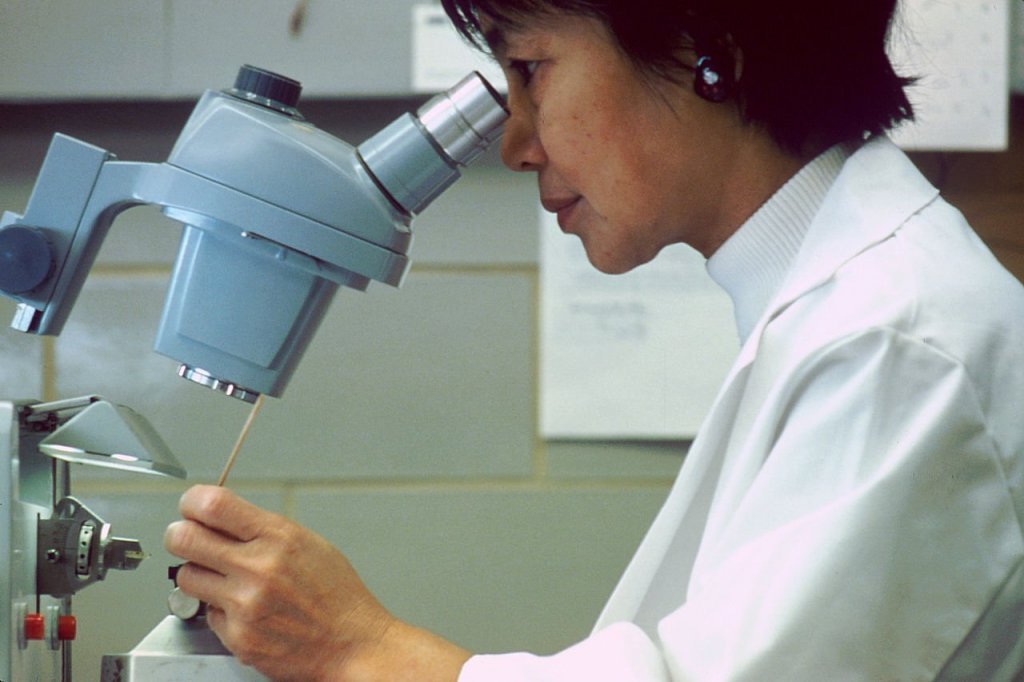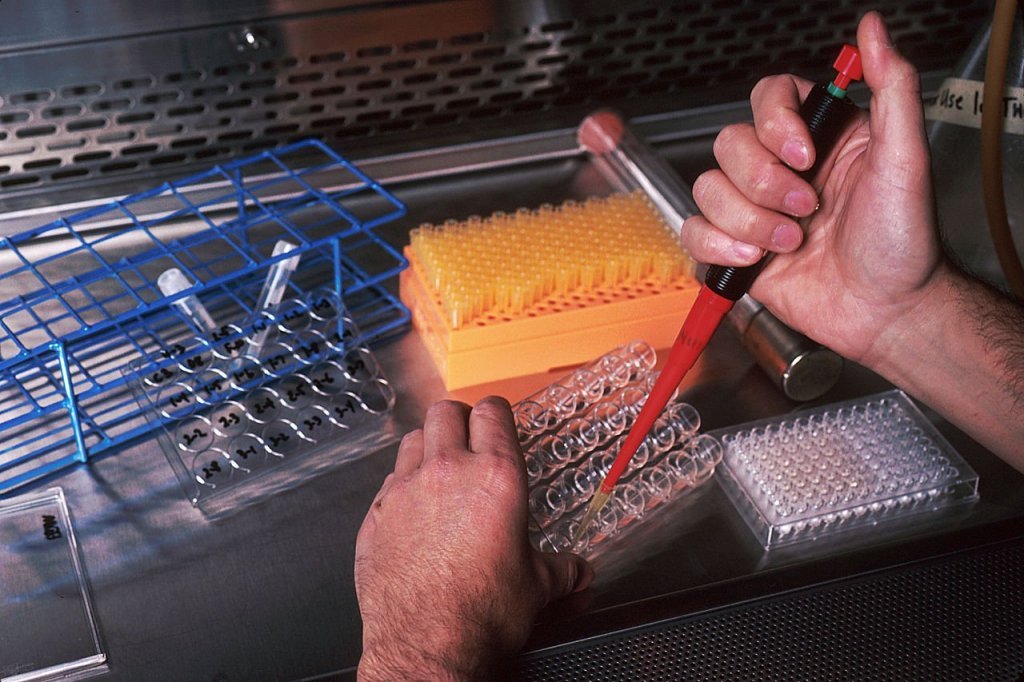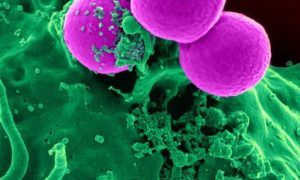Biotech
Nascent Biotech’s Pritumumab: The future of brain cancer immunotherapy
Nascent Biotech developed Pritumumab, the first wholly human antibody utilized in the treatment of a cancer patient.

Cancer is one of the most dreaded illnesses of this age. No matter how many researches have been conducted over the decades, scientists still could not fully fathom the extent at which cancer cells proliferate and affect the body’s immune system. At best, they only see the tip of the iceberg, enabling them to implement palliative treatments for the management of cancer, but not actual cures.
Science’s continuous search for that elusive cancer remedy is not futile though, as present research has unraveled many of the mechanisms that cancer cells use to spread throughout the body and evade the immune system. As a result, the concept of immunotherapy was born.
A scientifically accepted concept for cancer treatment, immunotherapy is simply defined as the use of the immune system to treat cancer. After all, the workings of the immune system have always been a blind spot to many researchers as they try to figure out how a system that is designed to ward off diseases could also have the ability to attack itself in autoimmune disorders.

Researchers are trying to learn more about how the human body’s immune system could have the ability to harm itself. (Source)
In cancer immunotherapy, treatment consists of infusing antibodies that enhance the immune system. These antibodies may be designed to either attack the cancer cells themselves and prevent their growth and proliferation or attack the mode in which cancer cells spread without disturbing the healthy development of normal cells. The best thing about immunotherapy is the fact that it utilizes the immune system’s built-in memory, enabling it to remember the features of cancer cells that it is supposed to eradicate so that the response is lasting.
“This was a radical idea: that the body already possesses the ability to defeat cancer,” Dr. Lawrence Fong, associate professor of medicine at University of California San Francisco, said. “Medicine’s role was to find a way to allow the body to marshal the healing work it is naturally capable of.”
Rise of the antibody market
This scientific breakthrough in the field of cancer therapy has led to the rapid production of more than 30 monoclonal antibodies, all aiming to disrupt the growth and multiplication of cancer cells. The human antibody space now represents over $50 billion worth of revenues, while the oncology market is a $320-billion industry in the United States alone.

The antibody market corresponds to revenues of more than $50 billion. (Source)
One of the promising treatments in the cancer immunotherapy field is Pritumumab, a natural human antibody that has been used to treat around 250 brain cancer patients in Japan without any documented side effects. Developed as a lead product by Nascent Biotech, Inc. (OTC: NBIO), Pritumumab is the first fully human antibody used to treat a cancer patient. It targets ecto-domain vimentin, an abnormal variant of a normal intracellular protein that is incorrectly expressed on the outside of adenocarcinoma cells, including brain cancers and melanoma.
Originally discovered and recovered from a lymph node of a cervical cancer patient, Pritumumab has already undergone various Phase II clinical trials in Japan. Patients treated with the antibody showed an overall survival rate of 25 to 30 percent after a five-year period, as opposed to the three percent survival rate of standard therapies like surgery, radiation, and chemotherapy. The therapy has been issued to 11 patients, and 39 papers have already been written about it.
What makes Pritumumab unique as a monoclonal antibody therapy is its ability to penetrate the blood-brain barrier due to its high isoelectric point. Hence, the treatment of brain tumors is its primary indication, although the target antigen of the antibody cannot only be found in brain cancer, but in pancreatic, renal cell, and breast cancers as well. Furthermore, Pritumumab toxicities have been minimal, suggesting that the cure is safe and effective for brain cancer patients. There is even histological staining evidence that shows that Pritumumab could be highly useful in treating additional cancer types.
While Nascent Biotech‘s application for orphan drug status for Pritumumab is still pending, its development provides a sneak peek to the future of cancer immunotherapy. It could be the beginning not only for the eradication of cancer, but also for shedding light into the mysteries of the body’s immune system. Nascent Biotech is a publicly traded company (OTC: NBIO).
—
This article may include forward-looking statements. These forward-looking statements generally are identified by the words “believe,” “project,” “estimate,” “become,” “plan,” “will,” and similar expressions. These forward-looking statements involve known and unknown risks as well as uncertainties, including those discussed in the following cautionary statements and elsewhere in this article and on this site. Although the Company may believe that its expectations are based on reasonable assumptions, the actual results that the Company may achieve may differ materially from any forward-looking statements, which reflect the opinions of the management of the Company only as of the date hereof. Additionally, please make sure to read these important disclosures.

-

 Crowdfunding1 week ago
Crowdfunding1 week agoPMG Empowers Italian SMEs with Performance Marketing and Investor-Friendly Crowdfunding
-

 Markets5 days ago
Markets5 days agoMarkets Wobble After Highs as Tariffs Rise and Commodities Soar
-

 Markets2 weeks ago
Markets2 weeks agoThe Big Beautiful Bill: Market Highs Mask Debt and Divergence
-

 Africa2 days ago
Africa2 days agoORA Technologies Secures $7.5M from Local Investors, Boosting Morocco’s Tech Independence

























